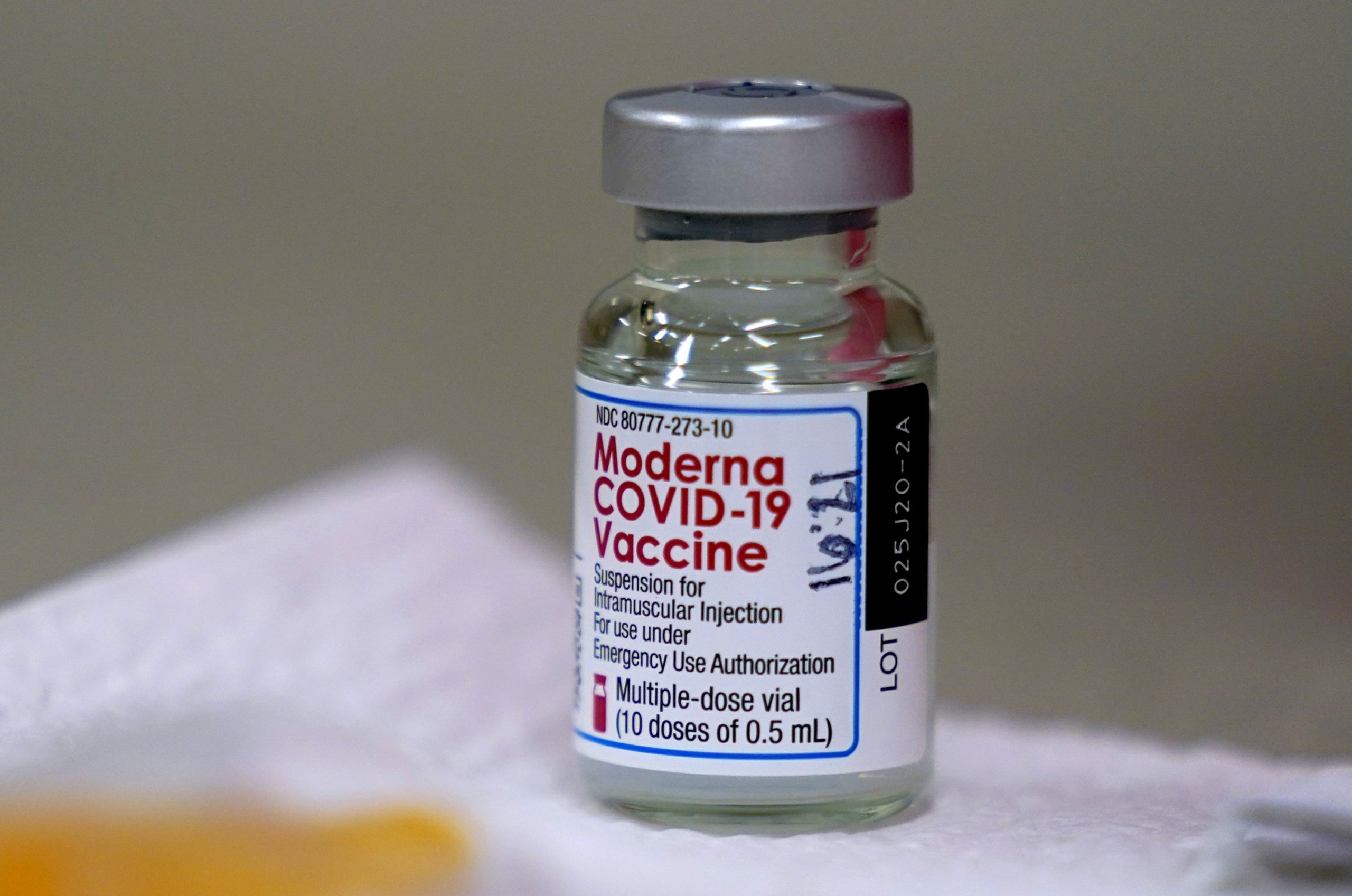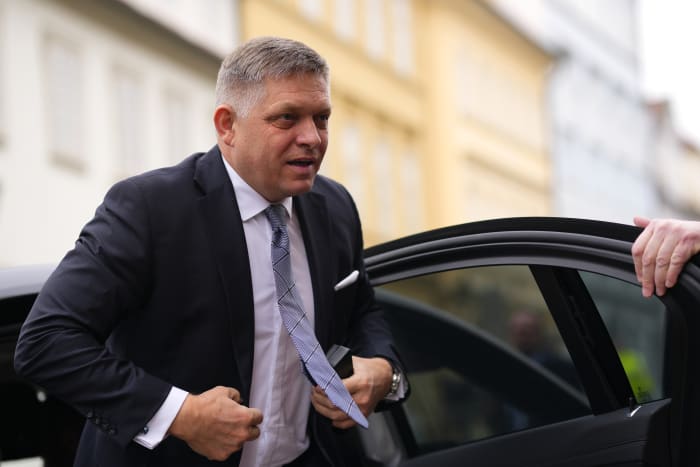Amsterdam (Associated Press) – The European Union’s Executive Committee on Wednesday gave the green light for Moderna Inc.’s COVID-19 vaccine. Where the bloc of 27 countries supplied a second vaccine to be used in the desperate battle to tame the virus that is spreading across the continent. .
The European Commission has granted conditional marketing authorization for the vaccine. The decision came against the backdrop of high infection rates in many European Union countries and strong criticism of the slow pace of vaccination across the region for around 450 million people.
„We are providing more COVID-19 vaccines for Europeans. With the Moderna vaccine, which is the second vaccine now authorized in the European Union, we will have another 160 million doses.“ European Commission President Ursula von der Leyen said in a statement that more vaccines will come.
The EMA recommended conditional mandate after meeting earlier on Wednesday.
„This vaccine provides us with another tool to weather the current emergency,“ said Emer Cooke, EMA Executive Director. „It is a testament to the efforts and commitment of all concerned that we have had the second positive vaccine recommendation in the short period of a year since the World Health Organization declared the pandemic.“
Last month, the European Medicines Agency granted the same conditional approval for a coronavirus vaccine made by the US pharmaceutical company Pfizer and Germany’s BioNTech. Both vaccines require the patient to be given two injections.
The European Union has requested 80 million doses of Moderna, with an option for another 80 million doses. The block has also committed to purchasing 300 million doses of the Pfizer-BioNTech vaccine.
Commissioner for Health and Food Safety, Stella Kyriakides, said that licensing the vaccine „will ensure that 460 million doses are offered at an increasing speed in the European Union, and more will come. Member states must ensure that the pace of vaccinations is this way.“
German Health Minister Jens Spahn – who has in the past been critical of the slow pace of EMA – said shortly before the EMA mandate was announced that he expects the Moderna vaccine to begin rolling out in European Union countries next week. Spahn told reporters in Berlin that Germany would receive 2 million doses in the first quarter and 50 million in the whole of 2021.
„The problem is the lack of production capacity with global demand,“ he said.
Spahn said that if vaccines other than BioNTech-Pfizer and Moderna are approved in the European Union, „we will be able to offer a vaccine to everyone in Germany by the summer.“
He insisted that the whole mass purchase strategy was correct because it gave manufacturers the certainty to go ahead with production and ensured equitable distribution among all 27 EU countries.
Early results from large, yet to be completed, studies show that the vaccines Moderna and Pfizer-BioNTech appear to be safe and strongly protective, although Moderna is easy to handle because it does not need to be stored in very freezing temperatures.
The European Union agency has given the green light to use Moderna vaccine in people 18 years of age and over. She said that the side effects „are usually mild or moderate and improve within a few days after vaccination.“
The most common side effects are „pain and swelling at the injection site, fatigue, chills, fever, swollen or tender lymph nodes under the arm, headache, muscle and joint pain, nausea and vomiting.“
Cook stressed that the European Union authorities „will closely monitor data on the safety and effectiveness of the vaccine to ensure continued protection for the European Union public. Our work will always be guided by scientific evidence and our commitment to protecting the health of EU citizens.“
The United States, Canada, and Israel have already authorized the use of Moderna vaccine. The United States gave it the green light for emergency use for people over the age of 18 on December 18, followed by Canada five days later with a temporary permit also for people over the age of 18.
Moderna said on Monday that it is raising its estimate of global vaccine production in 2021 from 500 to 600 million doses. The company said it „continues to invest and add personnel to build up to one billion potential doses for 2021“.
Moderna and Pfizer-BioNTech shots are mRNA vaccines, made with pioneering new technology. It does not contain any coronavirus – which means it cannot cause infection. Instead, they use a piece of genetic code that trains the immune system to recognize the spiky protein on the surface of the virus, and be ready to attack if the real thing appears.
The European Union officially began administering Pfizer-BioNTech vaccines on December 27, but the speed of the vaccination program for each country varied widely. France vaccinated about 500 people in the first week, while Germany vaccinated 200,000 people. The Dutch had just started giving vaccines on Wednesday, and it was the last country in the European Union to start doing so.
Austrian Chancellor Sebastian Kurtz tweeted that the approval of Moderna’s vaccine „is another important step in fighting the epidemic. This means that we have more vaccines available in the European Union and we can fight the epidemic faster.“
___
Mike Corder reports from The Hague, Netherlands. Associated Press writer Frank Jordanes in Berlin contributed to this report.
___
Follow the AP’s coverage of the pandemic at https://apnews.com/hub/coronavirus-pandemicAnd https://apnews.com/hub/coronavirus-vaccine and https://apnews.com/UnderstandingtheOutbreak

„Organizátor. Spisovateľ. Zlý kávičkár. Evanjelista všeobecného jedla. Celoživotný fanúšik piva. Podnikateľ.“





